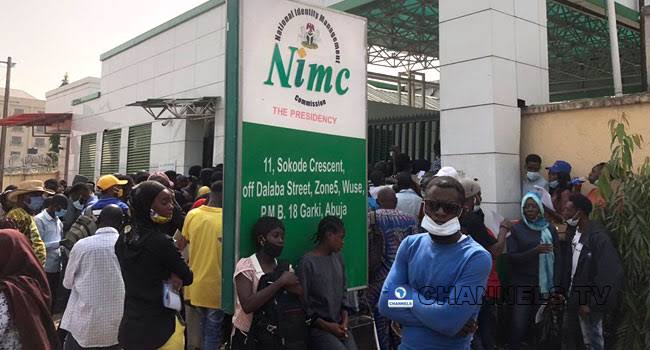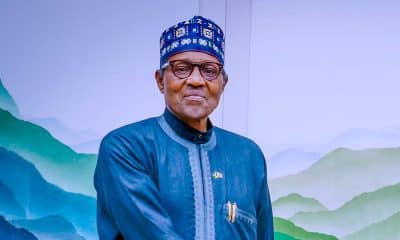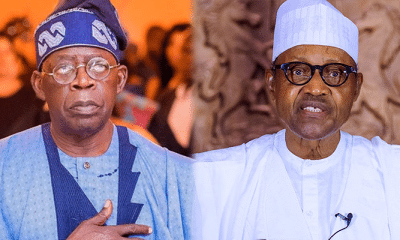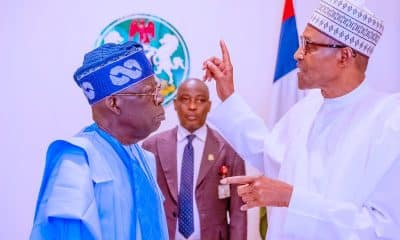Nigeria News
Banks Ordered To Issue NIN Cards To Nigerians

The Muhammadu Buhari-led Federal Government has asked Nigerians to request their commercial banks issue them with a debit card that doubles as their national identity card.
Naija News reports that this was disclosed by the Minister of Communications, Isa Pantami, on Wednesday in Abuja.
He said this issuance comes at no cost, adding that the approval was obtained at the meeting of the Federal Executive Council, which was presided over by President Buhari at the Presidential Villa.
According to him, the approval followed a memo from the National Identity Management Commission (NIMC) allowing banks to print multipurpose debit cards that double as National identity cards.
The Minister explained that “It is going to be a form of multipurpose card where it will serve as your national identity card on one hand and also your bank card on the other hand, either Mastercard, Visa or any other kind of card.”
According to Pantami, although the NIMC Act 2007 only mandates Nigerians to have a National Identity Number and not necessarily a printout card, demands for cards have swelled nonetheless.
He said: “As in the NIMC Act 2007, section 27, what is mandatory for our citizens and legal residents is the acquiring of the National Identity Number, not the card. However, the card is optional.
“But many citizens, particularly those living in rural communities, always go to NIMC offices complaining that they need the card at hand, even though it’s optional.
“To make it easier, NIMC last year, we introduced a smart ID card you can download from NIMC app. It is just a smart card. You don’t need to have it physically, but that is becoming difficult for our people living in rural communities.”
Pantami said NIMC had partnered with the Central Bank of Nigeria “so that citizens who are interested in having a card at hand can easily go to the relevant banks.”
According to him, the bank is permitted to print the card along with either a Mastercard or Visa card.












